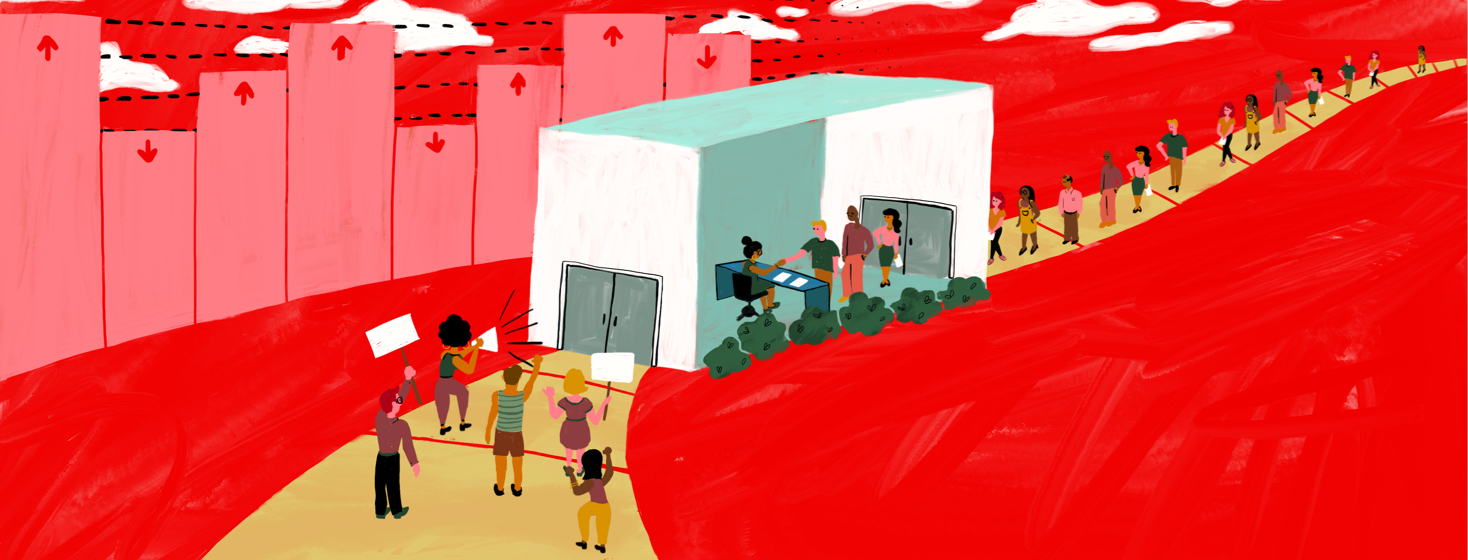The Conundrum
I recently had a conversation with a representative from the American Lung Association (ALA) about what role they can play to better help lung cancer patients. During the conversation, I mentioned how angry many lung cancer advocates were over their recent campaign that showed someone climbing a mountain of cigarette butts.
The big lung cancer screening conundrum
I guess it is no surprise, given the uproar in the lung cancer community, that ALA was well aware that the campaign had struck a nerve with many. But, the representative said that the intent of the ad was to advise smokers and former smokers to get screened. And, it worked. There was an increase in the number of people who are eligible for screening who were tested. Some people who had no idea they had lung cancer learned they were sick with early-stage disease.
According to research published by the American Society of Clinical Oncology (ASCO), in 2016, only 1.9% of those eligible for lung cancer screening took advantage of it. Researchers concluded that "annual low dose CT scanning remains inadequate despite the time since implementation and potential to prevent thousands of lung cancer deaths each year." The report went on to say, "It remains unclear why the lung cancer screening rate is dramatically lower than other cancer screening modalities." Finally, researchers said, "Further initiatives are needed including awareness programs and mandating lung cancer screening as a national quality measure."1
Why aren't people getting screened?
As many of us who have lung cancer know, there are often no symptoms indicating you have the disease until it has reached late stage. Screening, however, can detect cancer long before any symptoms present themselves. When lung cancer is caught in its early stages, the five-year survival rate can be improved dramatically. In fact, according to ALA, as many as 90% of those diagnosed at an early stage may live at least five years post-diagnosis.2
Lung cancer screening is recommended for "high risk" individuals: that is, anyone 55 to 80 years old who currently smokes or has smoked within the past 15 years the equivalent of 30 "pack years." Thirty pack years translates into a pack a day for 30 years, two packs a day for 15 years, and so on.
I think there are three (at least) primary reasons why people who qualify are not being screened. The first may be ignorance that there is even such a thing as lung cancer screening. The second is lack of availability of the low-dose CT scan machines. But the third, in my opinion, is fear. I think a lot of smokers are afraid to get the results of a scan, afraid to find out that they have cancer.
Creating an awareness message for everyone
Anyway, the way I see it, we are in a bit of a conundrum. Those never-smokers who have been diagnosed with lung cancer vehemently oppose advertisements that connect smoking to the disease. And I understand that. I hate that the general public and even medical personnel see lung cancer as solely a smoker's disease. It causes a lot of people to be misdiagnosed for many months and it helps perpetuate the stigma and it keeps our funding lower.
On the other hand, screening saves lives. It saves money, too, because it is a lot cheaper to treat a stage 1 lung cancer patient than it is a stage IV patient. And, one way or the other, smokers and former smokers need to get the word that screening is available, highly recommended, and can mean the difference in whether or not they survive a lung cancer diagnosis.
So, what's the answer? How do we get the word out without offending never-smokers who have been diagnosed with lung cancer?

Join the conversation